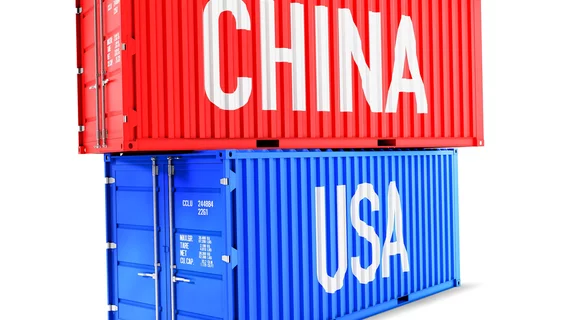MITA shares ‘serious concerns’ over impact of tariffs on medical imaging industry
The Medical Imaging & Technology Alliance (MITA) released a statement this week about the recently finalized tariffs on $50 billion worth of products imported from China and the June 20 Senate Finance Committee hearing held with U.S. Department of Commerce Secretary Wilbur Ross about the impact of those tariffs.
X-ray, CT and MRI equipment was included in the Office of the United States Trade Representative’s list of affected products.
“The medical imaging device industry is hit particularly hard by the tariffs—to the tune of potentially billions of dollars,” Patrick Hope, executive director of MITA, said in the statement. “We have serious concerns the proposed tariffs will impede patient access to medical innovation by taxing inter-company transfers, wherein a company will manufacture component parts in China before shipping them to the U.S. for final assembly and export. And slowdowns in imaging R&D impedes patient access to higher quality health care over time. Further, under the proposed tariff environment, rather than immediately halting component manufacturing operations in China, which is unfeasible with a mature supply chain, companies will likely evaluate the most cost-effective locales for final assembly operations, including outside of the United States.”
Hope added that government officials “should be supporting the United States as the current global leader in medical imaging innovation” instead of making it “more difficult” for the industry to do business.

